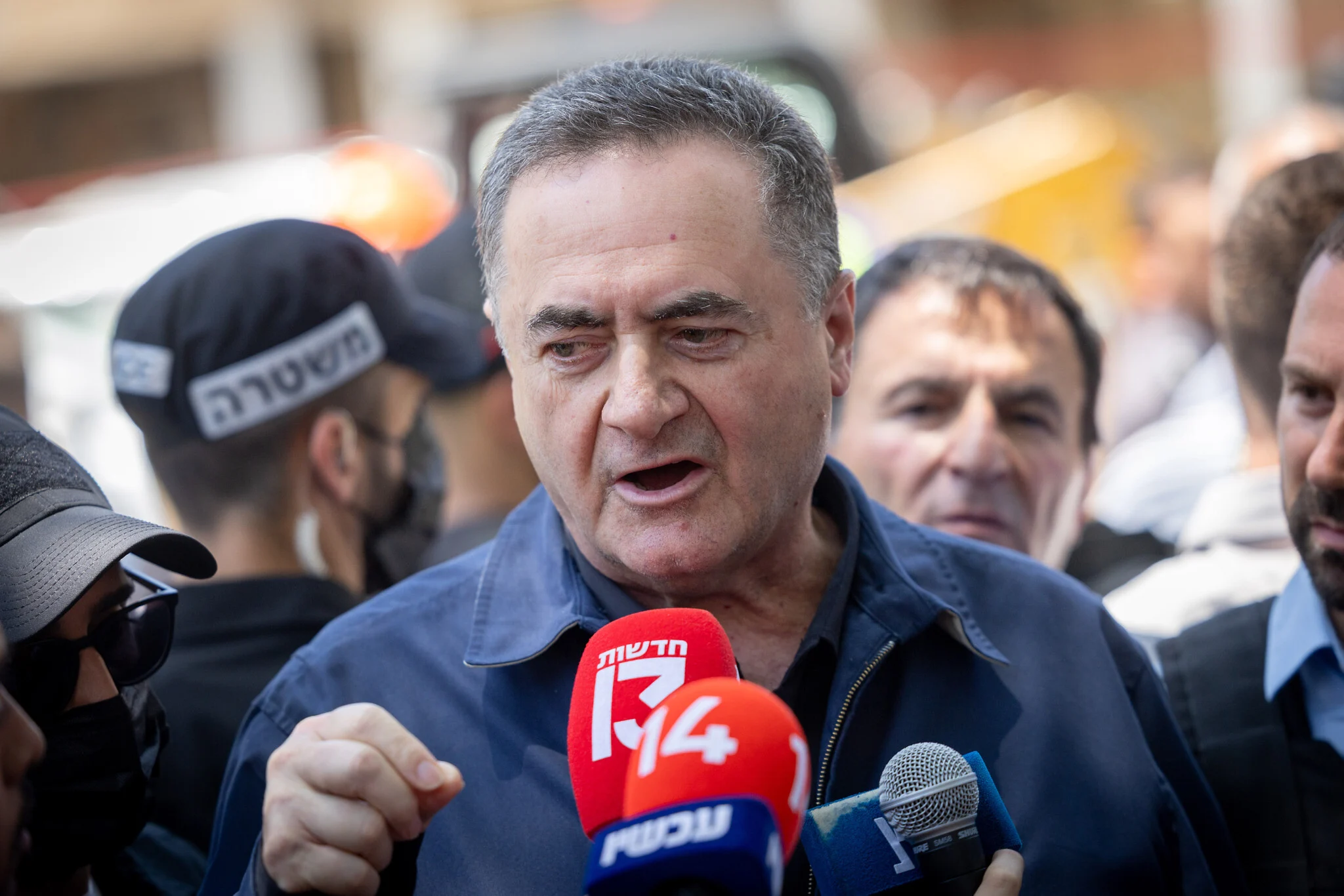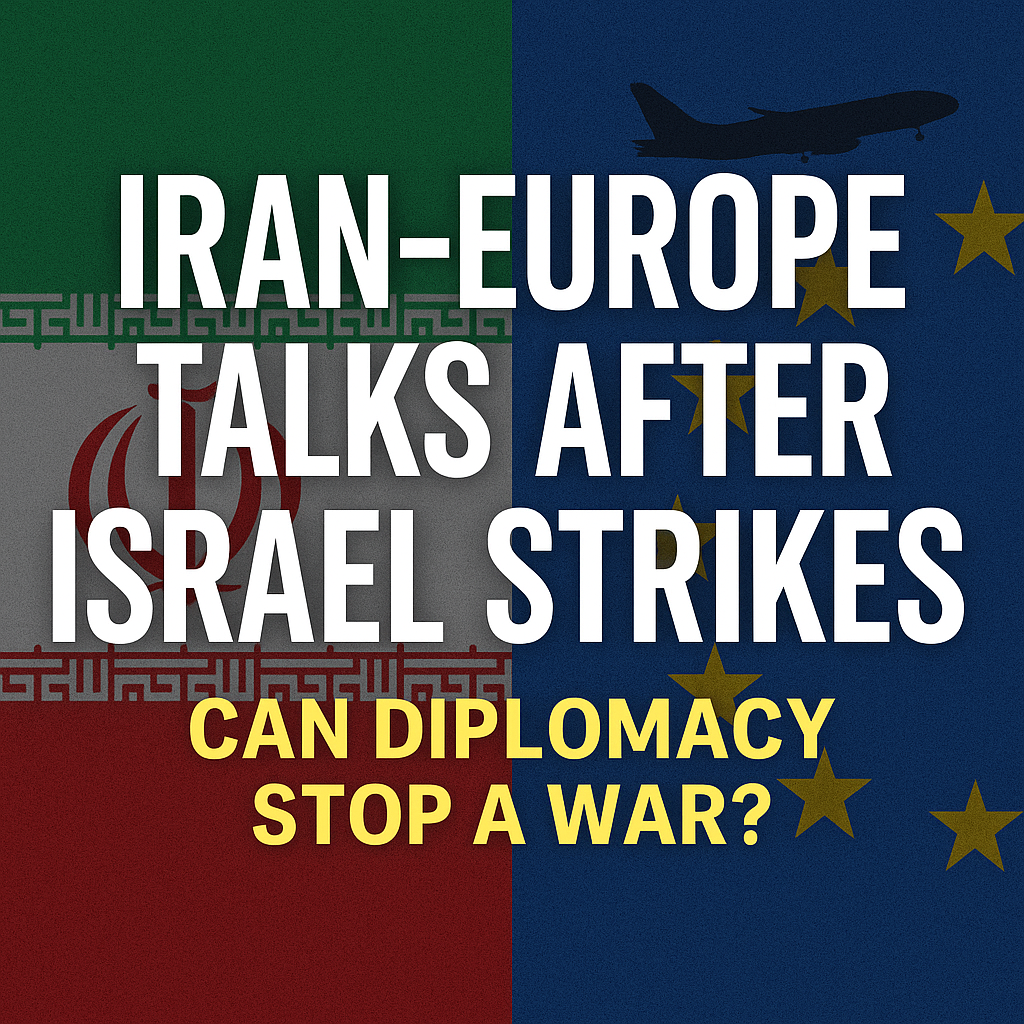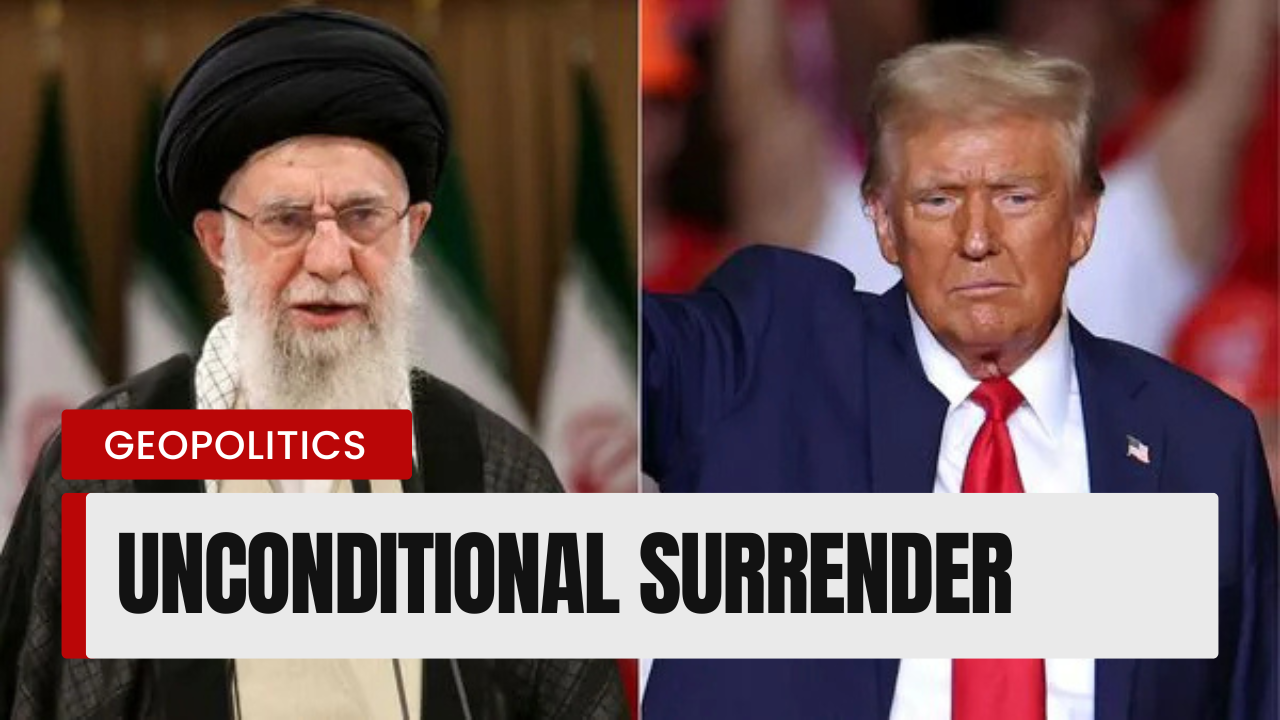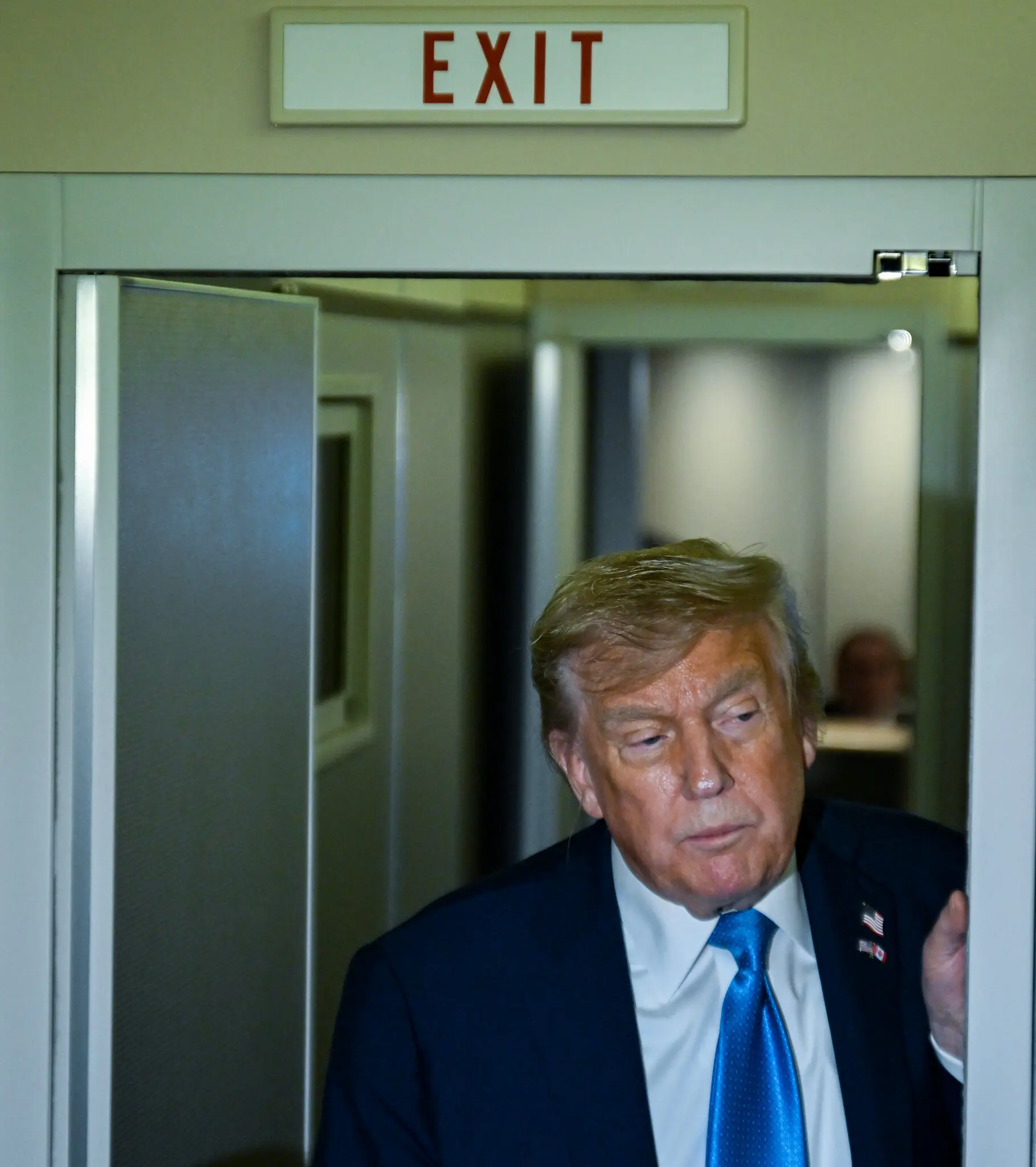The Khamenei–Israel hospital strike has dramatically escalated tensions in the Middle East, sparking a stark divide within Israel’s leadership and raising global concerns about the scope of the conflict. Following a missile attack on Beersheba’s Soroka Medical Center and multiple residential buildings, Israeli Defense Minister Israel Katz made his most provocative remarks yet, stating that Iran’s Supreme Leader “cannot continue to exist.”
While some interpreted the comments as a signal of possible leadership-targeted operations, Prime Minister Benjamin Netanyahu urged restraint, emphasizing that “during war… words must be chosen with care and actions with precision.”
Khamenei–Israel Hospital Strike Sparks Divided Response from Leadership
Standing amid rubble in the central Israeli city of Holon, Katz told reporters that Supreme Leader Ayatollah Ali Khamenei was “personally giving the order to fire on hospitals and residential buildings.” He likened Khamenei to Adolf Hitler and said if the IDF had existed during the Holocaust, it would have taken action to eliminate such a threat.
“Khamenei is the modern Hitler,” Katz declared, arguing that Iran’s targeting of civilians constituted not just war, but genocide in intent.
Netanyahu, however, took a more measured tone. While he did not rule out the possibility of targeting Khamenei, he subtly distanced himself from Katz’s rhetoric, warning that headlines should not replace strategic action. “All options are open,” he said, “but ministers must speak cautiously.”
What the Hospital Strike Means for Iran–Israel Relations
The hospital strike — now being called the Khamenei–Israel hospital strike by some observers — marks a turning point in this evolving war. The impact of a direct hit on a medical facility has amplified civilian fears and drawn strong statements from both sides.
Israeli officials say the campaign is preemptive, aimed at dismantling what they describe as an imminent Iranian nuclear and ballistic missile threat. Iranian officials have not denied targeting Israeli territory but maintain that military sites were their intended focus.
What Trump and Putin’s Reactions Say About Global Stakes
Reports surfaced that Israel had considered a targeted assassination of Khamenei during the opening stages of the conflict, but that U.S. President Donald Trump vetoed the move. Trump later stated there were “no plans to kill him — at least not for now.”
Russian President Vladimir Putin also responded to growing speculation, warning against leadership decapitation and urging all parties to prevent the conflict from crossing irreversible lines.
Despite these interventions, Israeli leaders remain focused on dismantling Iran’s military capabilities. Netanyahu said that Israel “can carry out the entire mission alone if needed,” and vowed that there would be no nuclear or ballistic threat left when the operation ends.
🤝 International Diplomacy and Humanitarian Warnings
Foreign Minister Gideon Sa’ar reiterated that regime change is not Israel’s official goal “for the time being,” but added that the mission will continue “until complete.”
With civilian casualties rising and international attention intensifying, human rights organizations are urging all parties to exercise maximum restraint.
🔗 Source
Content for this article references original reporting by The Times of Israel:
Defense Minister says Iran’s Khamenei ‘cannot continue to exist’
⚠️ Disclaimer
This article is a factual summary and analysis based on publicly available information from verified sources. The author does not endorse any form of violence or political position and aims solely to inform readers through independent journalism. Statements attributed to individuals or governments are cited as per source reports.




